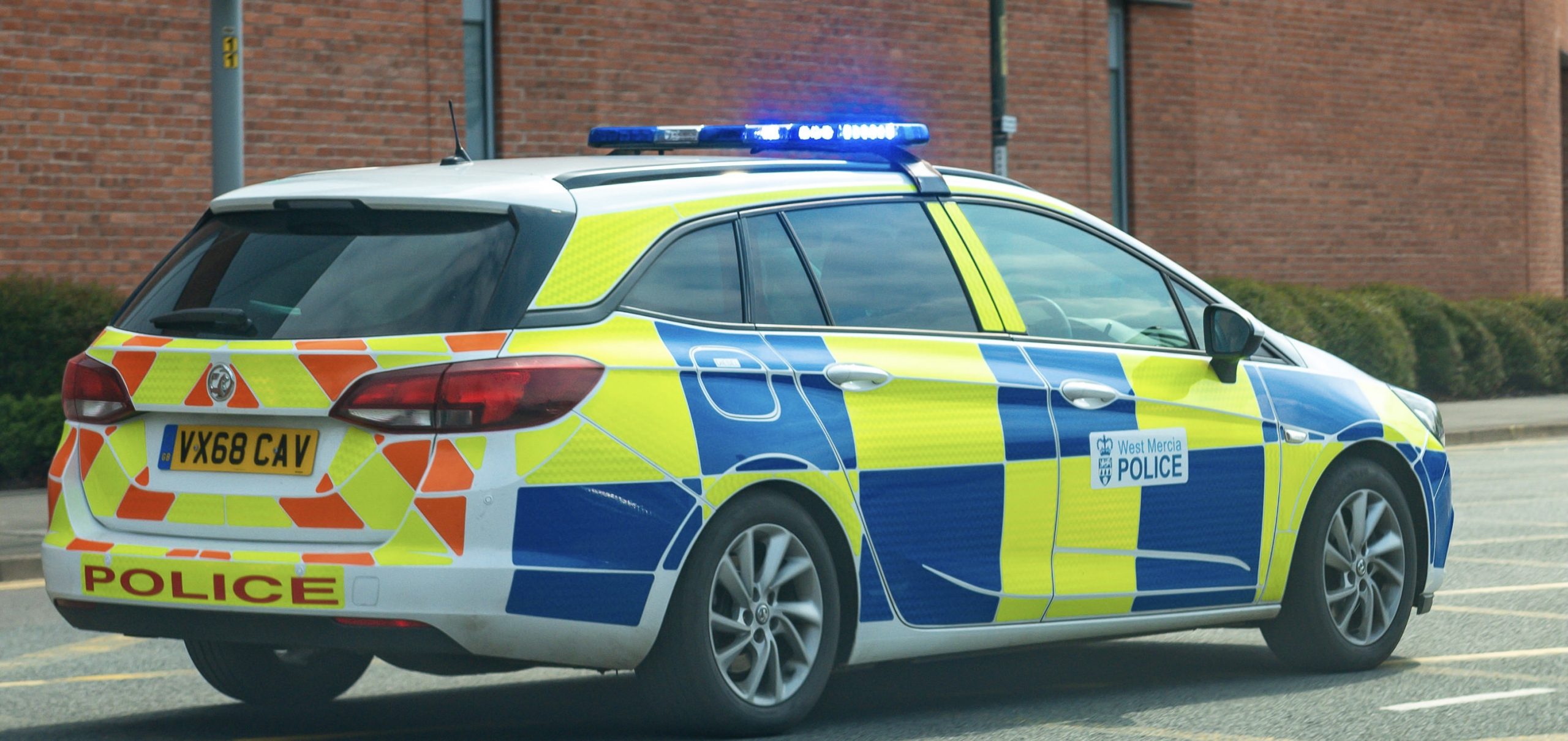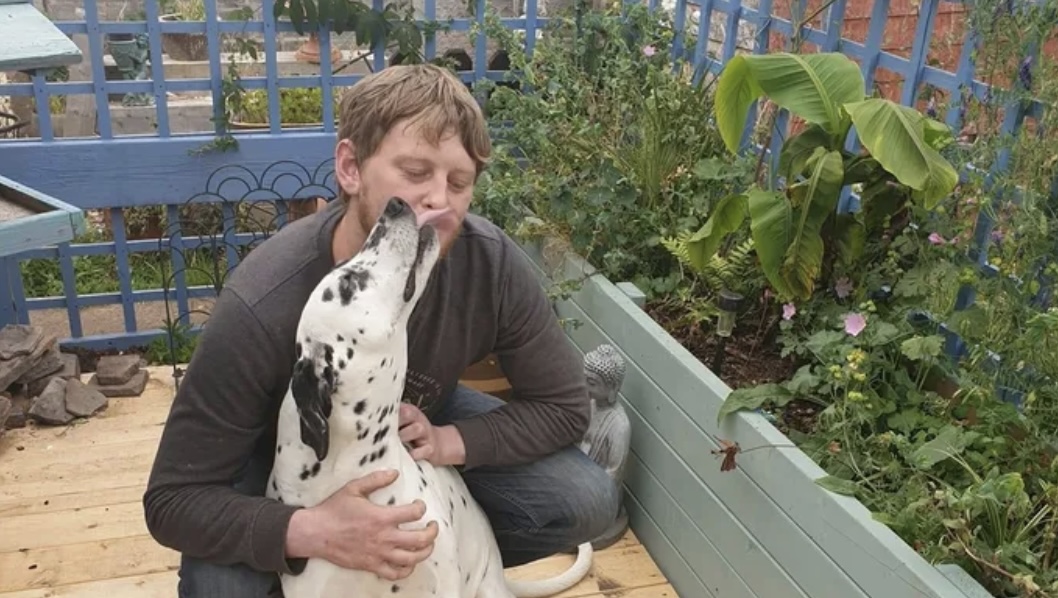More than 250 weapons have been seized and 1,100 people arrested as part of the latest county lines intensification week.
Other results include:
- 904 cuckooed addresses visited
- 1,138 vulnerable people were engaged for safeguarding purposes
- 292 weapons seized including 33 firearms and 219 knives
- 80 drug lines were identified from seized mobile phones
The intensification week took place between Monday 17 May and Sunday 23 May and included the execution of warrants, joint operations between forces and intercepting vehicles potentially involved in county lines activity.
County lines is a drugs distribution model using mobile phones where drugs are exported from major cities and imported into other areas, often using vulnerable adults and children.
The National County Lines Coordination Centre (NCLCC) was launched in August 2018, which is a partnership between the police and the National Crime Agency (NCA). The challenge faced by law enforcement was tackling a drugs model that worked across different forces. Policing activity at both ends of the line now sees importing and exporting forces working together to identify and arrest those controlling the lines.
Through better coordinated activity and an increased understanding, the number of potential county lines has reduced since 2018.
The NCA have also been working with police and international law enforcement to prevent illegal drugs coming into the country. In 2020 the Agency and international partners seized and prevented more than 100 tonnes of Class A drugs entering the UK.
The latest strategic assessment from the NCLCC has been published which highlights key points including:
- Police forces working together cross border on joint operations and coordinating activity to target both ends of the line.
- Latest figures suggest there are 600 potential county lines which is a reduction due to more accurate recording methods and improved police activity.
- An increased focus on the line holder who coordinate the runners and often use violence to control them.
- Making use of modern slavery legislation to target the line holder and shifting the focus away from criminalising the runners who may be exploited.
National Police Chiefs’ Council lead for county lines, Deputy Assistant Commissioner Graham McNulty, said: “The police response to county lines has increased substantially over the past 18 months, we have been relentless in pursuing those behind the line whilst doing everything possible to rescue those being exploited.
“Intensification weeks like this allow us to dedicate a burst of activity and resources nationally, highlighting to the public our absolute determination to rid communities of this abhorrent crime.
“We will use all the powers available to us to tackle every element of the county line network because we know the effect violence and crimes associated with county lines can have in our communities.
“It is vital that everyone looks out for the signs of exploitation. This may be a child with unexplained cash, a new expensive phone or clothing, suddenly going missing, in possession of rail tickets or taxi receipts, a change in behaviour and new people suddenly appearing at a house or flat. If you are concerned then please contact your local police force or call Crimestoppers anonymously on 0800 555 111.”
The National Crime Agency works with partners at the border and abroad to choke the supply of illegal drugs into the UK. Their recent successes around the intensification week include:
- launching an investigation after a Polish driver was stopped at Coquelles with 17kg of heroin in his lorry.
- seizing 500kg of cocaine in a shipping container at London Gateway and preventing it reaching UK streets.
- sentencing of a Dutch national lorry driver to 20 years for smuggling £20m worth of cocaine into the UK.
- the charging of an HGV driver accused of smuggling £8.5m of cocaine (107kg) into the UK on a ferry from Holland.
NCA Director of Investigations Nikki Holland said: “The intensification week and assessment come after a very busy year for the NCA in stopping Class A drugs coming to the UK.
“We are proud to work with UK policing to fight the scourge of drugs which can devastate communities.
“It is a high priority for the NCA to build on the successes we have had in source countries and along the drugs supply routes, so that organised crime groups land fewer drugs in our towns and cities and prevent them being pushed further afield through county lines groups.”




